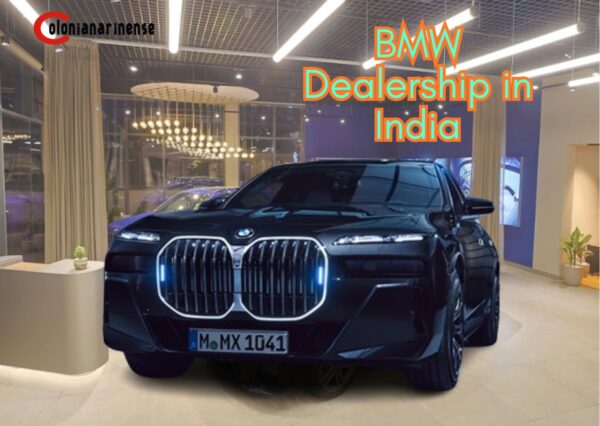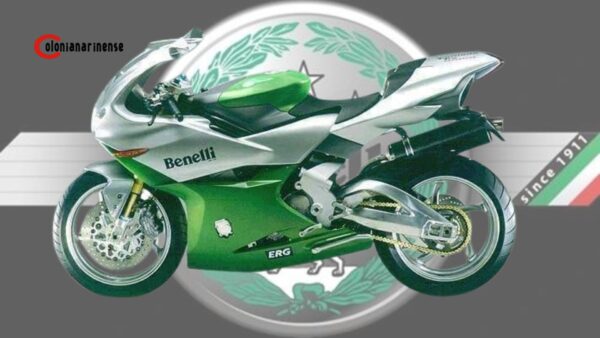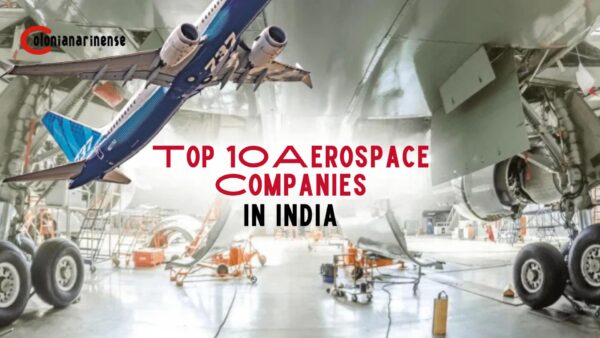BMW, also known as Bayerische Motoren Werke AG, is a renowned German company specializing in luxury cars and motorcycles. With its headquarters in Munich, Bavaria, BMW is globally recognized for its high-quality vehicles and sophisticated design. The brand’s portfolio includes other prestigious names such as MINI, Rolls-Royce, and BMW Motorrad. In India, BMW Group saw remarkable success in 2023, setting a new sales record by selling 22,940 units—a 19% increase from the previous year. If you’re considering opening a BMW dealership in India, here’s a guide to help you understand the costs, requirements, and application process involved.
BMW Dealership Costs
Starting a BMW dealership requires significant investment. The estimated costs are as follows:
- Showroom Setup: Depending on the size, the cost for setting up the interiors of the dealership could range from ₹1.5 crore to ₹2 crore. The design should meet BMW’s latest standards, ensuring a premium look and feel.
- Service Center: Setting up a service center is another major expense, with costs starting at around ₹3 crore.
- Inventory Storage: BMW vehicles are typically delivered quickly, so they are not usually kept in stock due to the wide variety of models and variants. The cost for any inventory space will depend on the location.
Considering these factors, a rough estimate suggests that starting a BMW dealership could require an investment of at least ₹10 crore or more. Please note, these figures are estimates and can vary depending on specific circumstances.
Requirements for a BMW Dealership
To establish a BMW dealership, you need to meet certain criteria:
- Location: The city where you plan to open the dealership is crucial. Factors such as city size and existing demand for luxury vehicles need to be considered.
- Competition: Evaluate whether it’s the first BMW dealership in the area or if there are existing ones. Also, assess the number of BMW and other luxury cars (like Mercedes, Audi, or Volkswagen) already on the road in the city and surrounding areas.
- Proximity to Other Dealerships: Consider how far the nearest luxury car dealerships are from your proposed location.
- Ownership or Leasing: Decide whether you will own the land for the dealership or lease it.
- Specific Location: Determine the exact part of the city where you want to establish the dealership.
- Land Requirements: Ensure that the land meets BMW’s specific requirements for size and facilities.
- Sales and Service: Plan where you will sell new cars and where you will provide service for new and existing BMW vehicles.
- Staffing: Make sure there is a sufficient pool of qualified personnel for sales, service, and other operational roles.
Application Process for a BMW Dealership
To apply for a BMW dealership, previous experience in running a car dealership may be advantageous. Here’s how to start the application process:
- Visit the BMW India Website: Go to the BMW India website or follow this link: BMW Dealership Application.
- Fill Out the Inquiry Form: Provide details such as your title, name, address, contact information, and type of business.
- Await Contact: If your initial application meets the criteria, BMW will reach out to you for further details.
Pros and Cons of Opening a Car Dealership
Pros:
- High Profit Potential: Car dealerships can be highly profitable, earning from new and used car sales, financing, and additional services like warranties and maintenance plans.
- Structured Business Model: Dealerships benefit from established business processes, training, marketing support, and financial backing from the car manufacturers.
- Customer Relationships: Building strong relationships can lead to repeat business, customer referrals, and a loyal customer base. A good reputation and excellent service are critical.
- Exclusive Territories: Some car brands provide dealerships with exclusive territories, reducing direct competition from other dealers selling the same brand nearby.
Cons:
- High Initial Investment: Starting a dealership requires a significant upfront investment, including purchasing or leasing property, inventory, hiring staff, and acquiring equipment.
- Market Sensitivity: Car sales can fluctuate significantly based on economic conditions. A downturn can lead to reduced sales and profitability.
- Depreciation Risk: Vehicles can lose value over time, especially if they remain unsold. If demand drops, selling these vehicles can be challenging.
- Competition from Online Sales: The rise of online car sales and direct-to-consumer models poses challenges for traditional dealerships.
Conclusion
Starting a BMW dealership in India involves a substantial financial commitment, depending on location, size, and agreements with BMW. Initial costs include land acquisition, building construction, showroom setup, staff hiring, and vehicle procurement. Ongoing expenses cover employee salaries, marketing, maintenance, and operational costs. For the most accurate and up-to-date information, contacting BMW directly is recommended.




